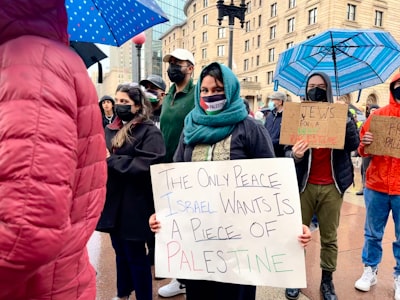International Humanitarian Law
International Humanitarian Law (IHL), also known as the law of armed conflict or the law of war, is a body of international legal rules that seek to limit the effects of armed conflict for humanitarian reasons. Its primary purpose is to protect persons who are not or are no longer participating in hostilities and to restrict the means and methods of warfare.
Core Principles
IHL is founded on four essential principles:
- Distinction: Parties to a conflict must always distinguish between civilians and combatants, and between civilian objects and military objectives. Attacks must only be directed at military objectives.
- Proportionality: Even when targeting legitimate military objectives, attacks must not cause excessive harm to civilians or civilian objects in relation to the anticipated concrete military advantage.
- Necessity: Use of force must be limited to achieve legitimate military objectives and must avoid unnecessary suffering.
- Humanity: Parties must refrain from inflicting suffering, injury, or destruction not necessary for achieving legitimate military goals.
Key International Treaties
The two main sources of IHL are the 1899 and 1907 Hague Conventions and the four 1949 Geneva Conventions, along with their Additional Protocols.
- Geneva Conventions (1949): Four treaties and three additional protocols that set international legal standards for humanitarian treatment in war.
- Hague Regulations (1899, 1907): These deal primarily with the conduct of hostilities (means and methods of warfare).
Scope of Application
IHL applies to international armed conflicts (between states) and, with certain provisions, to non-international armed conflicts (between government forces and non-state armed groups). It does not apply to internal disturbances and tensions, such as isolated acts of violence.
Protection of Civilians
The protection of civilians is one of the central aims of IHL. It prohibits direct attacks against civilians and civilian infrastructure, and provides for the care of the wounded, sick, and prisoners of war. Humanitarian assistance must be allowed and facilitated to reach populations in need.
Enforcement and Accountability
Violations of IHL constitute war crimes under international criminal law. Mechanisms for accountability include national prosecutions, ad hoc international tribunals (such as those for the former Yugoslavia and Rwanda), and the International Criminal Court (ICC).
Challenges and Contemporary Issues
Applying IHL in modern conflicts faces numerous challenges, including:
- Non-state armed groups and asymmetric warfare.
- Urban warfare and the use of explosive weapons in populated areas.
- Obstacles to humanitarian access.
- The protection of medical facilities, aid workers, and civilian infrastructure.
Relevance
IHL remains vital for ensuring minimum standards of humanity in times of war. Its continued relevance is underscored by ongoing conflicts in which civilians and civilian objects are increasingly affected, raising questions about compliance and accountability under international law.

Comments
No comments yet. Be the first to comment!